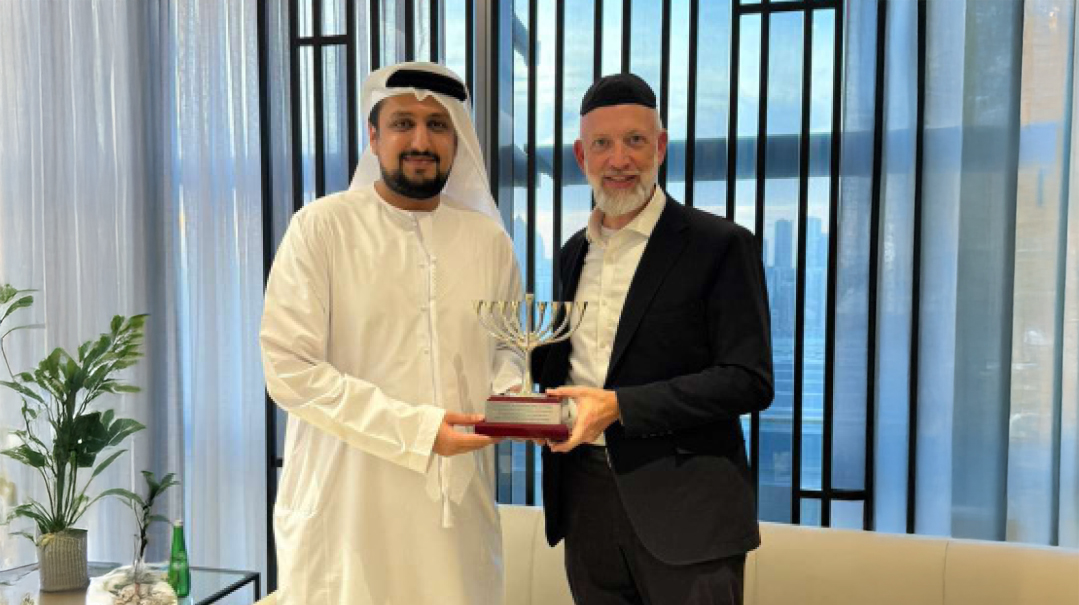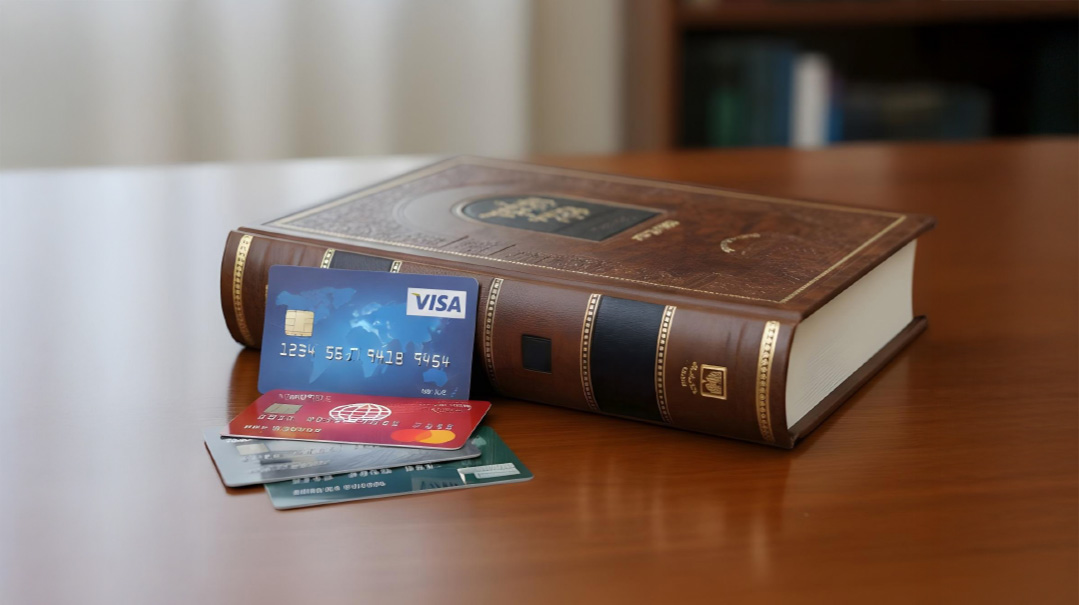What You’ve Learned

Allow me to let you in on what school is all about
ou made it out, right? Twelve-plus years of the day school system are now behind you, you took your last set of finals, and you walked out those school doors free as a bird. Now your life can finally begin.
For some of you, a year or two or more of learning is next on the horizon, be it in Eretz Yisrael or closer to home. Others may be starting college courses, some will be starting jobs, and others will be doing both. But whatever your plans are, you have plans. You’ve been waiting for this.
Moments of transition like this offer opportunities for reflection. Maybe while you were sitting at your graduation, listening to the speeches given by your teachers, your menahel or your menaheles, you got a glimpse into the efforts they have invested in your chinuch.
Maybe as you sat watching your classmates receive awards for their academic, social, and spiritual achievements, you felt proud of them and realized that school gave them the chance to discover themselves. Maybe that was you up there on the dais.
Or maybe not. Maybe you’re the unsung hero who will never take the stage, because only you and Hashem know the struggle you have experienced and the growth you have achieved.
Allow me to let you in on what school is all about. Perhaps you’ll recognize this from your school or from some of your experiences over the course of your education. Now’s the time to reflect on what you’ve received, because what you’ve received is exactly what you’ll need moving forward.
As a young elementary student, you learned many important skills to help you advance in school and also in life: kriah, reading and writing, adding and subtracting. You also learned how to follow the rules and respect authority. Hopefully you even had a favorite rebbi or morah, and you learned how to trust.
During these years, you also learned if you liked the spotlight. If being called to the podium at the siyum was your thing or if it made your skin crawl. The siddur parties, the Chumash parties, the Mishnayos parties — the milestones that required you to show up and perform in your Shabbos clothes. You learned whether or not your heart beat strong and clear when facing a sea of smiling people.
As an older elementary student, you learned a lot more about grades. You learned, according to your limited definition, that some people are “smarter,” that some need to study and others do not. You learned about success and also about failure. You found out about your own strengths and weaknesses. You discovered your learning style — what teachers did that worked for you and what didn’t work. You learned how to be a student, but you really learned how to be a learner.
As you entered high school, you learned that you had to work. You learned that grades started to matter. You learned if you were a “math person” or an “English person” or a “limudei kodesh person,” but also that if you wanted to turn your weaknesses into strengths, you had to hustle for it. And if you didn’t want to work and instead just skate through the next four years, you could do that too, but there would be a price to pay. You learned that choices matter, and that choices are ultimately only up to you.
You learned that true friendship isn’t simply about who is on your mishloach manos list. You learned how to listen and care and feel a connection with someone important to you. You learned about what types of people you clicked with and how it felt to make others feel good about themselves. You also learned about “other houses” and “other Shabbos tables” and “other parents.” And by the time you said goodbye to your class, you had learned about yourself.
School is for self-discovery. School is for learning what makes you tick, what makes you enthusiastic, what makes you feel accomplished, and what makes you feel ownership because that is you. You’ll have needed to learn who you are and what you’re good at for this next portion of the road. School is a microcosm of the world of relationships with both adults and peers. Hopefully you’ve learned how it works, more or less, because it only gets more complicated from here.
School is to teach you not just material and curriculum, but skills you can actually use, because you learned how to think hard, work hard, and invest hard. That work ethic is important for so many aspects of your future life. Finally, school is to teach you not just the Rashis and Rambans, but the morals and lessons they impart — the overarching feeling that gets in your bones — about what it is we believe and why we believe it. This is the foundation of your connection to Torah and Yiddishkeit.
In essence, school is not about covering material, going through the grades, and getting credits. That’s not education. Good education gives students two things: values and skills. And hopefully, you have shining examples of teachers who gave you just that.
Remember your preschool morah who proudly hung up your mitzvah notes on the kosel wall in your classroom? She taught you that there’s nothing like feeling good about doing mitzvos.
Remember your rebbi who got so excited when he taught you how to learn the first pasuk in Bereishis in your new Chumash? He taught you that there’s no geshmak like learning Torah.
Remember your morah who proudly sent you home Erev Yom Tov with your big brown bag of cookies and table decorations and divrei Torah? She taught you that satisfying feeling of being prepared, physically and spiritually, for an upcoming Yom Tov.
Remember the teacher who “broke a rule” and showed you mercy and compassion because he knew that’s what you needed, even if maybe you didn’t deserve it? He taught you not that rules are meant to be broken, but that empathy and love are lifesavers.
Remember your teacher who gave you a grade on your report card for effort, not just academic achievement? She taught you the value of grit and perseverance, that it counts for more of your success than you might think.
If you’ve ever worked really hard on a group project, you’ve learned the life skills of delegation and collaboration. If you’ve ever had an annoying long-term assignment to complete, you’ve learned time-management skills. If you’ve ever written a lengthy essay or given a speech, you’ve learned how to organize your ideas and communicate effectively. If you’ve ever had to crack a difficult math problem or intelligently discuss a piece of literature, you’ve learned how to use your brain to analyze and interpret. If you’ve ever worked hard on any project or assignment, in class or out of class, you’ve learned how good it feels to invest and accomplish in return.
Over Shavuos, a parent asked me what value there is in high school girls learning mefarshim inside if the average woman does not continue textural learning once she is raising her family. I began by answering that it is a skill needed for seminary, which is typically more rigorous than high school.
But then it occurred to me that the real answer lay more in values than in skills. And I said we need impart to our high school girls that the Torah is deep, rigorous, and far from shallow. That when girls engage in intensive secular studies during high school, or go on to take complex college courses, they should know that the study of Torah is unmatched because its wisdom and Source are eternal. And this is something they learn by plumbing the depths of the Torah and its commentators themselves, not just by having it explained to them.
So, dear graduates, here’s your quiet moment to reflect. Focus on the good, remember the shining moments, and realize the gifts — the values and skills — you have received from some very dedicated people in your life over these past 12 years. Don’t forget to take the opportunity to say thank you. And yes, now your life can finally begin. When you think about it, you’ve already been on your way for a while now.
Originally featured in Mishpacha, Issue 765. Alexandra Fleksher is an educator, a published writer on Jewish contemporary issues, and an active member of her Jewish community in Cleveland, Ohio.
Oops! We could not locate your form.













